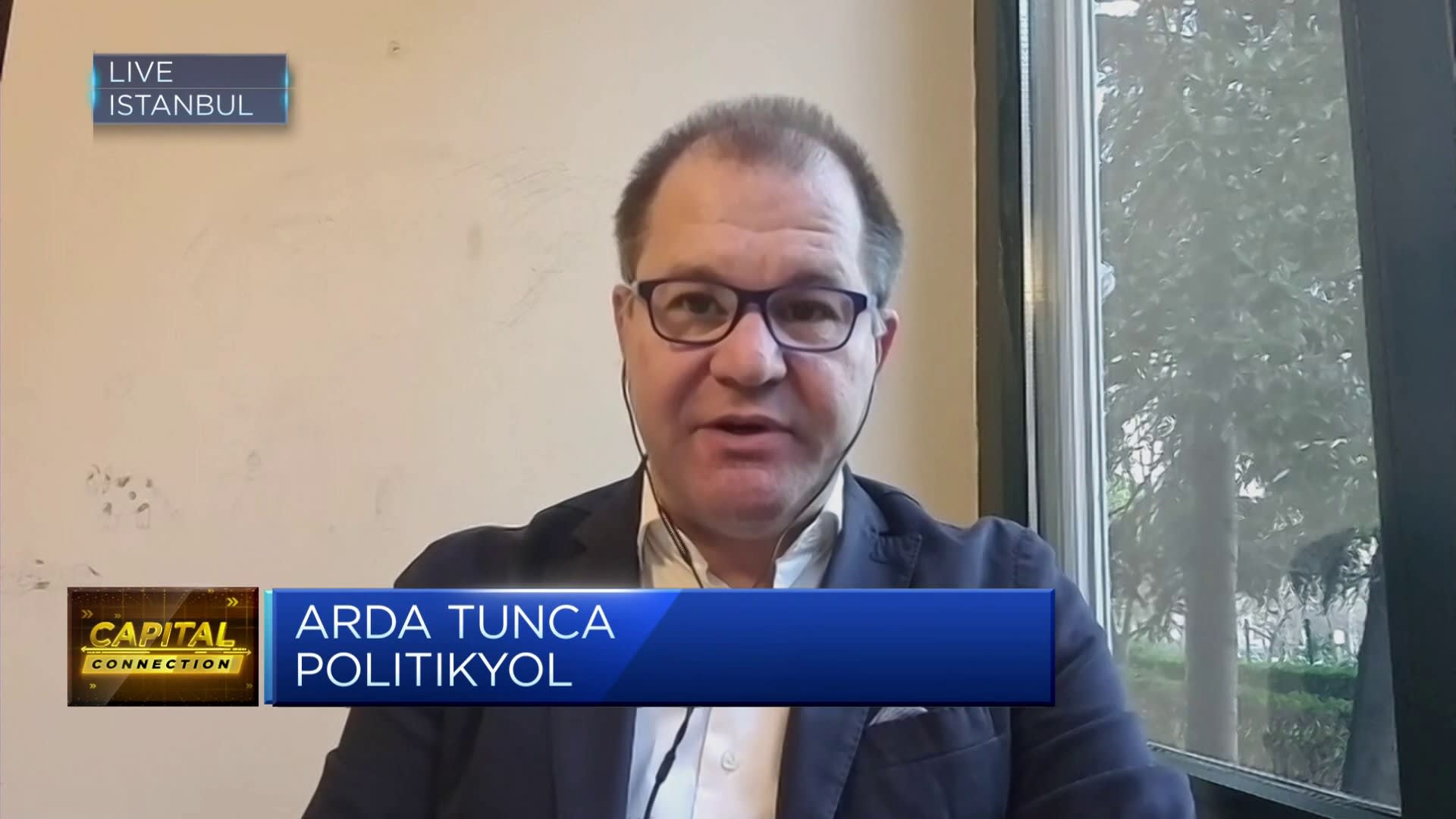Turkey’s annual inflation rose to 68.5% for the month of March, an increase on February’s 67.1% inflation read, according to the Turkish Statistical Institute’s report released Wednesday.
The monthly rise in consumer prices came out at 3.16%, led by education, communication, and hotels, restaurants and cafes, which saw month-on-month rises of 13%, 5.6%, and 3.9%, respectively.
On an annual basis, education again saw the highest cost inflation at 104% year-on-year, followed by hotels, restaurants and cafes at 95% and health at 80%.
Turkey has launched a concerted effort to tackle soaring inflation with interest rate hikes, most recently raising the country’s key rate from 45% to 50% in late March.

Much of the inflation in recent months stems from a significant increase to the minimum wage that Turkey’s government mandated for 2024. The minimum wage for the year rose to 17,002 Turkish lira (around $530) per month in January, a 100% hike from the same period a year prior.
Economists expect further rate hikes from the central bank will be necessary.
While the March inflation count represents “the smallest monthly increase in three months and suggests that the impact of the large minimum wage hike in January may now have largely passed, it is still far from consistent with the single-digit inflation that policymakers are trying to achieve,” Nicholas Farr, an Emerging Europe economist at London-based Capital Economics, wrote in an analyst note Wednesday.
“The latest inflation figures do little to change our view that further monetary tightening lies in store and that a more concerted effort to tighten fiscal policy will be needed too,” he said.

